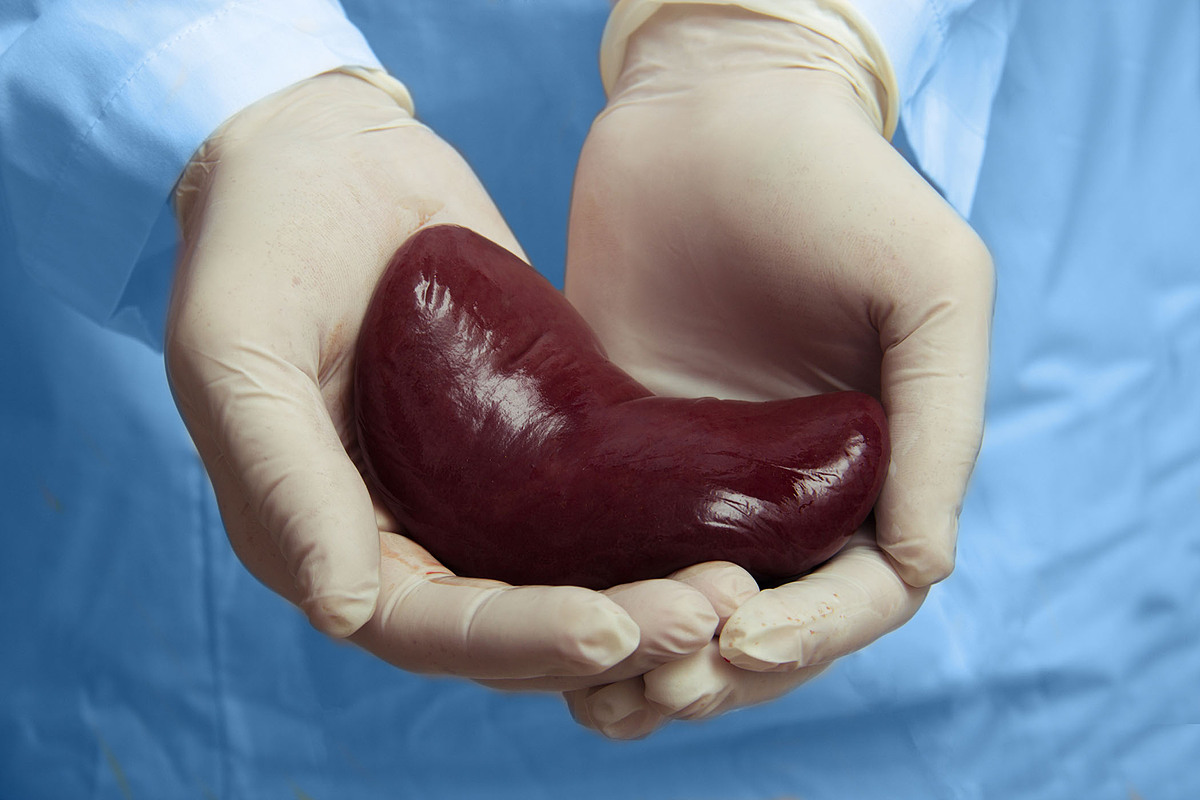The successful transplant surgery took place on 19/5 at Manipal Hospital, Yeshwanthpur, and the patient was discharged on 28/5. Over a month later, both the patient and his wife are recovering well. The wife also received comprehensive post-operative care and has returned home.
The 50-year-old patient, a resident of the Rajajinagar area, works as a pharmacist at a private hospital. He was diagnosed with chronic kidney disease in 2022. For the following year, he underwent regular dialysis before receiving the kidney transplant.
The couple has been married for over 20 years and has two children. Both were diagnosed with HIV in 2010 during routine health screenings. The wife was diagnosed during pregnancy and began treatment early. Her husband tested positive the same year during a family screening. By 2012, he had also developed diabetes and hypertension, followed by kidney disease.
Dialysis is particularly challenging for people with HIV, as they often face barriers to accessing standard treatment facilities. The man had to travel over 100 km to another city for treatment, significantly impacting his health and work.
Faced with his worsening condition, the couple considered a kidney transplant. The wife volunteered to donate her kidney after witnessing her husband's arduous thrice-weekly trips for dialysis. However, their decision faced opposition from family and some doctors due to the risks of transplantation between two people with HIV, including a higher chance of rejection and post-operative infection.
 |
A kidney in a doctor's hand. Photo: Adobe Stock |
A kidney in a doctor's hand. Photo: Adobe Stock
The medical team at Manipal Hospital, led by urologist Dr. Ajay S Shetty and nephrologist Dr. Deepak Chitralli, conducted a comprehensive assessment and designed a customized immunosuppression regimen for the patient. Immune indicators, including the CD4 count, which reflects the level of immune deficiency, were closely monitored before surgery.
According to experts, kidney transplants for people with HIV require specialized procedures. However, with proper care, success rates can be comparable to transplants in HIV-negative patients. This case exemplifies the potential for positive outcomes for people living with HIV who have access to appropriate medical services.
Thuc Linh (Time of India)












